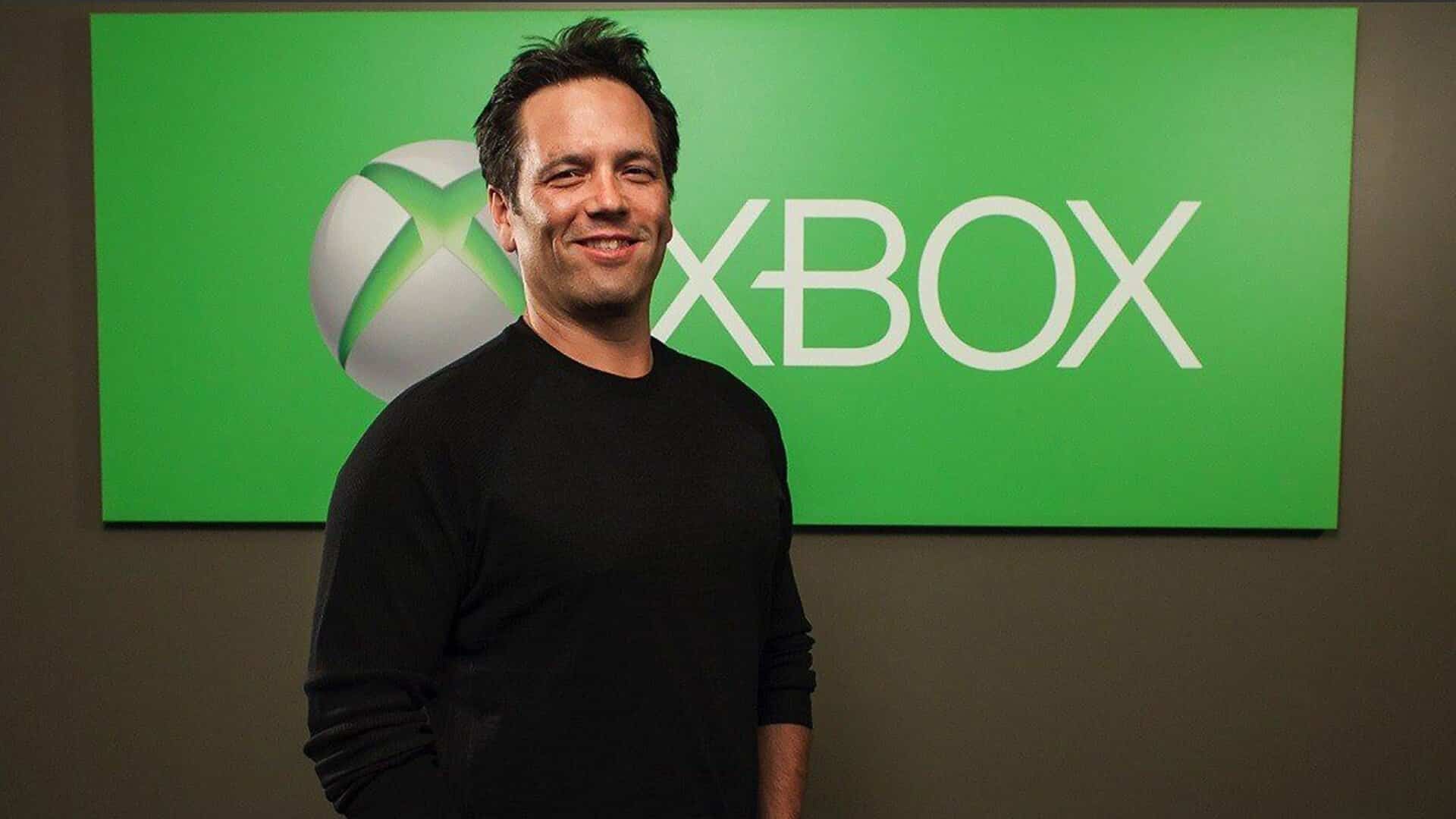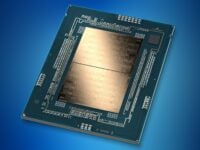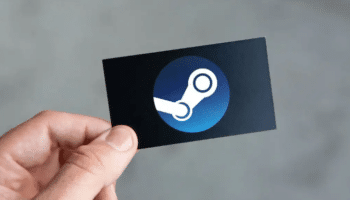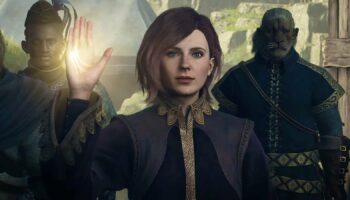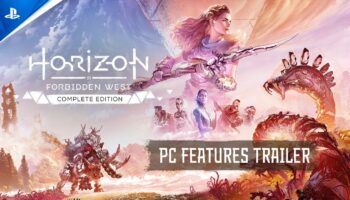Ever since Microsoft announced the acquisition of Zenimax and its subsidiaries, the Xbox and Sony PlayStation teams have started a competition of sorts. Over the past several years, the latter has had a major advantage when it comes to first-party titles. Phil Spencer and his team at Xbox are looking to change that with a string of high-profile studio acquisitions, the most notable being Obsidian, InXile, and of course, the Bethesda/Zenimax purchase.
In a recent interview with IGN, Spencer spoke about studio acquisitions, and how they affect the industry. He indicated that Microsoft will be making further studio acquisitions in the future, with an aim to grow its first-party capabilities. He also commented on Sony’s recent acquisition of Housemarque, Nixxes, and potentially Bluepoint Games as well.
Spencer was rather positive about the whole thing, stating that studio acquisitions are a natural part of growth in the industry. Explaining how developing indie games is a risky proposition, he believes that starting a new game studio and building it takes a lot of time and resources, and selling it can be a safeguard of sorts. He also went on to say that every team doesn’t need to sell their studio, and it all depends on what works best for them.
Sometimes I see dialogue out in the industry about, ‘Well, are acquisitions a good thing or a bad thing? I saw Sony just announced a couple acquisitions, and saying congrats to those teams on that. And I understand some of the sentiment from the community when acquisitions happen, but one thing I’ll put out there is that starting a new studio – starting any small business, frankly – is a very risky proposition. Starting a video game studio even more so. And if a team actually takes the risk of starting a new company, starting a studio, building that over years, building value in that, to say that they shouldn’t sell I think is just short-sighted.
It doesn’t mean every team has to end up selling their studio, but described the “cycle” of new studios growing to a point that they can find success, whether through an acquisition or independence, as a “natural and healthy part of our industry.”
Phil, Spencer to IGN
Personally, I believe that having a parent publisher is a double-edged sword. Sure, you have access to more resources, but you’re also limited in terms of creative freedom. Most publishers generally push for Open-World, Action-Adventure titles with movie-like stories that often lack depth, the most notable being Horizon Zero Dawn, Detroit: Become Human, and Mass Effect Andromeda.
Gameplay and Story
Take Tomb Raider’s and Assassins’ Creed large yet blandish world, and you get Horizon Zero Dawn. The story and characters are cliched as hell. After being called an outcast her entire life, the player-character suddenly starts fighting for the same tribe that refused to even acknowledge her existence all these years. Main missions are mainly going from point A to point B and talk to character x or y. Unfortunately, A and B are several miles apart and require a good deal of traveling across a world filled with dumb, monotonous machines and mediocre side-quests.
Spoilers on the Story and Why It’s Rubbish
At the very beginning, she finds out that the lady in the tree shares 99% of DNA with her. This should instantly tell you that she’s a clone and not her mother as you get only 50% DNA from each parent, not more. A clone in a post-apocalyptic world with machines for wildlife (possibly a replacement for the eco-system) and humans that are back in the stone ages means what? Something killed the planet, requiring an artificial ecosystem and wildlife.
She’s a clone means the rest could have been clones as well which is exactly what had happened? Why would you need human clones and artificial wildlife? Think Ark of Noah which saved civilization while everything else was consumed. And the antagonist? Harr harr, an angry red machine that wants to eat and corrupt everything because (AI gone wrong). How very original.
Side-Quests and Lore
The side-quests are a sad attempt to rip off The Witcher 3’s much more superior design. Find someone/something by following tracks made visible using your “Focus” (read: Witcher senses) and either kill them or save them from machines/bad humans.
The lore is so poorly written it makes you wonder if these guys have ever worked on a good narrative-driven game. I’m drawing comparisons with Hellblade, Tomb Raider and even the newer Assassins’ Creed games have better lore.Graphics and Soundtrack
A short review of Horizon Zero Dawn
Now, for the graphics. They look worse than the visuals of TW3, both the environment, terrain, and characters, only the animations are better thanks to facial capture. The game runs like utter ♥♥♥♥. I get slightly better frames in games like Metro Exodus, Kingdom Come Deliverance, and other PC heavy-weights that are miles better than this title in terms of visual fidelity.
The soundtrack is one of the only aspects that lives up to the hype, the rest is all sub-par AAA garbage that the industry is so rapidly churning out these days.
